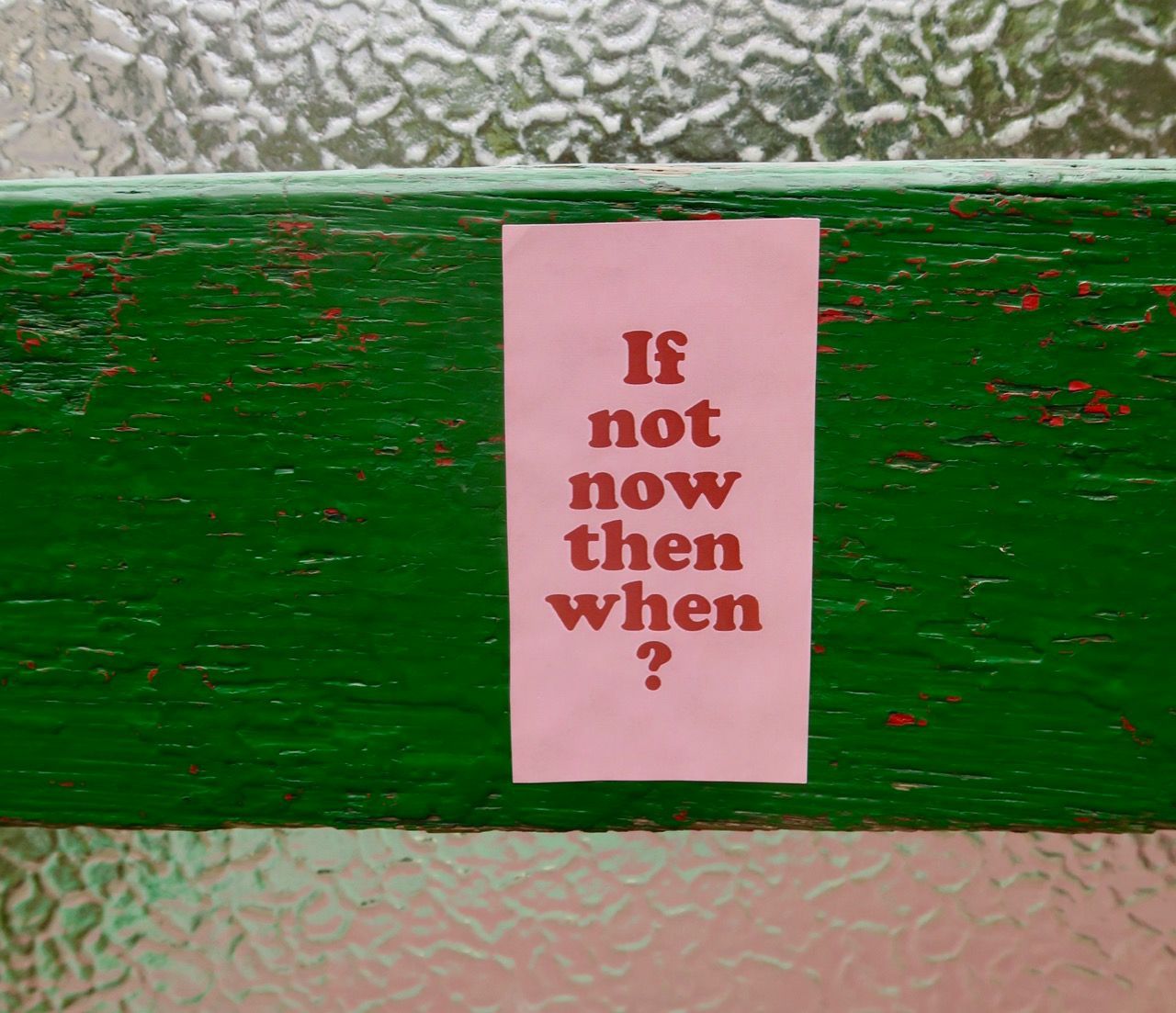The greatest power you have to give
As a futurist, my job is to offer the executives that I work with various, well-considered choices as to how the future may unfold.

I have always struggled to make up my own mind.
I have this ability (which I'm sure isn't unique) to have a raging debate in my head that can end up, after some considerable time, in a disappointing stale mate.
A couple of years ago, after a series of personal and professional disappointments, where I finally realised and admitted that I just wasn't happy with the way my life was going - I made the big decision to go back and study at the University of Stellenbosch Business School.
It was in a lecture - a change management lecture - there were very few people in the class, so it was easy to have slightly off-topic discussions with the lecturer (a man by the name of Christo Nel) - that I brought up this perennial challenge of my own in-ability to make a decision with him as a topic for light, academic exploration.
In his response, he quoted an old saying:
"If you come to a fork in the road...take it"
For some time now - I have thought about this saying.
What at first I considered was just a clever reply, has become increasingly insightful and such a valuable piece of advise as time has gone by.
In many ways, we are uncomfortable about making choices because of the way the schooling system and the traditional style of business management has disempowered and discouraged us from making choices for ourselves.
What I have come to realise is that the agency we all have of having the ability to made a choice, is actually the most powerful idea.
When you personally make a choice you take responsibility for your own future.
You empower and enable yourself. No matter what that choice may be, the very action of accepting the responsibility 'to choose for yourself' is what's important.
If you tell somebody what to do - you take away their ability to decide for themselves; in my experience, that generally results in a poor, unsustainable outcome from the intervention.
But offer somebody permission to make a choice and you're more likely to cement the change that is necessary in their being. They adopt that decision for themselves and it is owned by them.
As a futurist, my job is to offer the executives that I work with various, well-considered choices as to how the future may unfold, but the best way to unlock the best future for the organisations that they lead is to give the responsibility of the right choice to them.
After carefully weighing up the alternatives - they decide.
Which is also why facilitating informed choice-making is also such a powerful change management technique as well, and why traditional 'top-down' techniques of management are such hard work.
If somebody makes the choice for themselves, they are far more likely to take personal responsibility for the eventual success of their actions.

